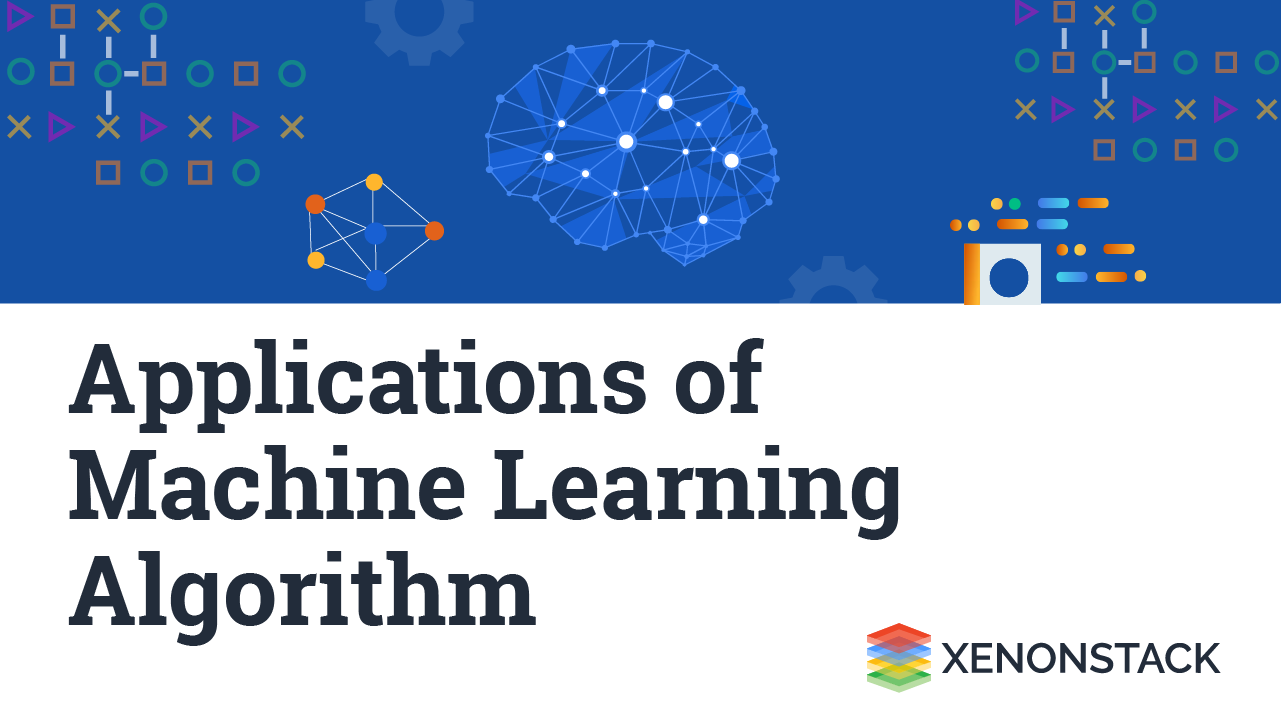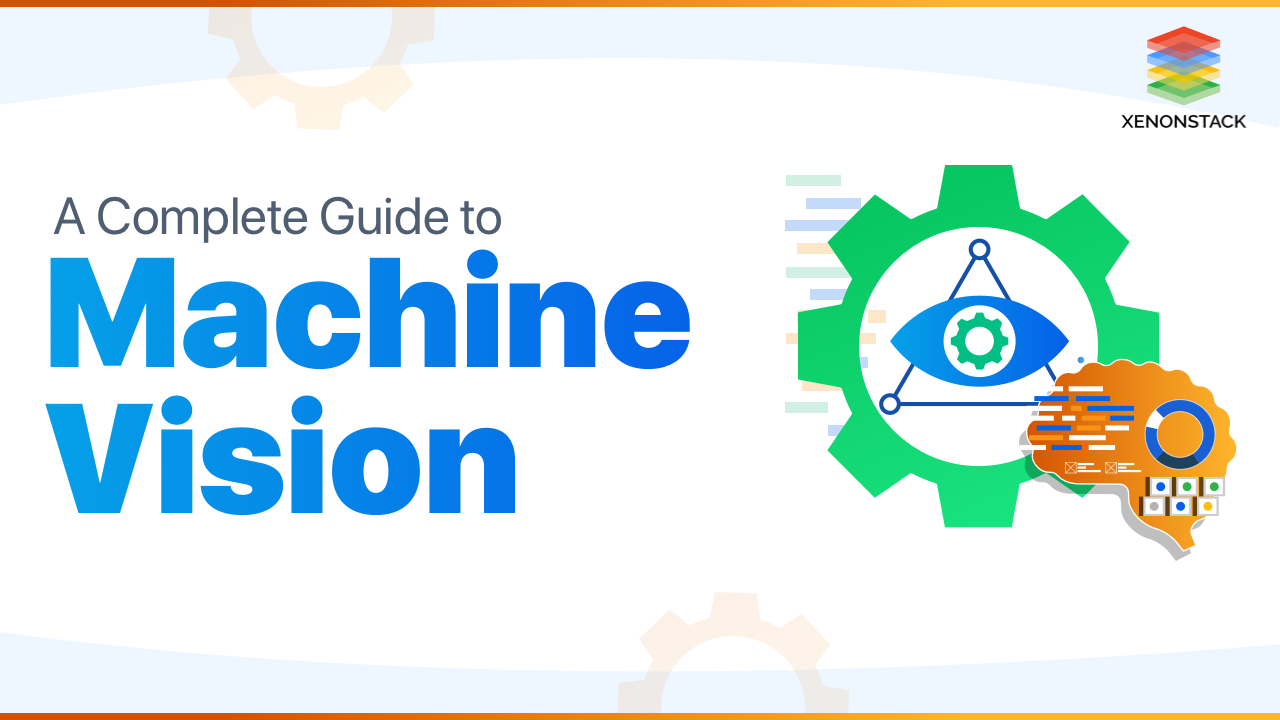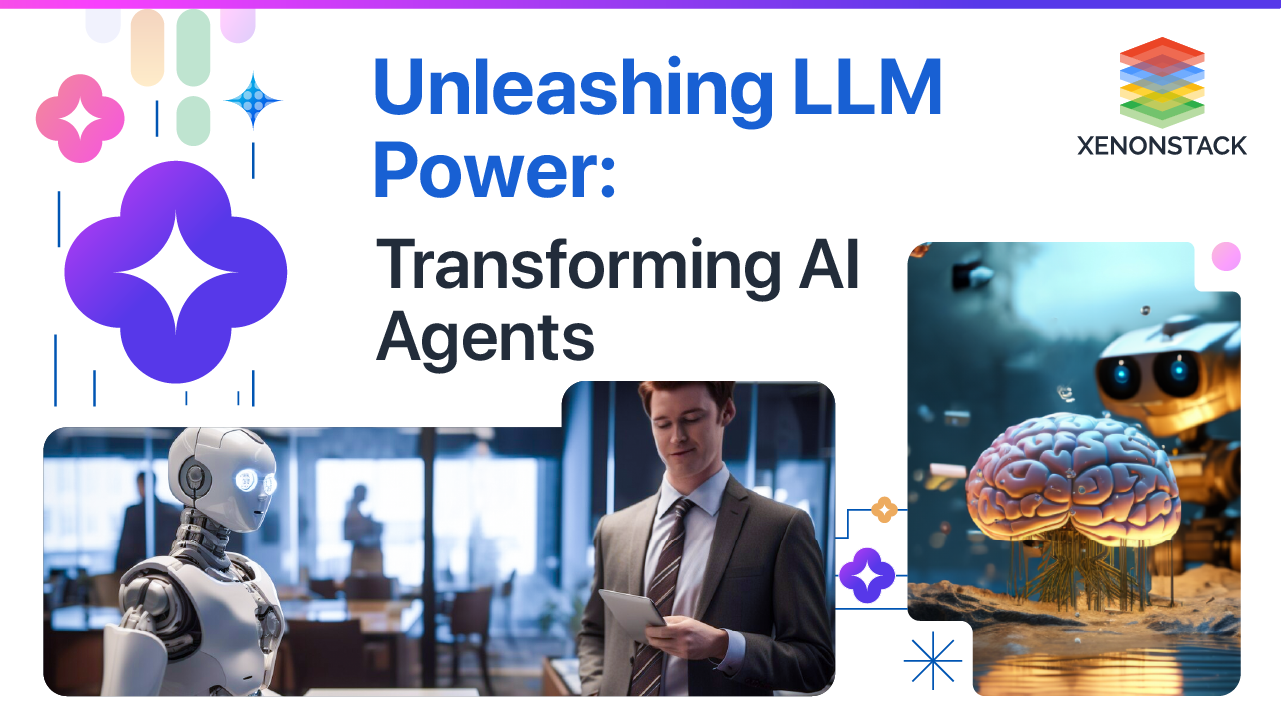
Introduction
In today's data-driven world, organizations are swimming in data lakes. They collect vast amounts of data from various sources, but the actual value of this data often needs to be explored. Businesses need a robust platform to not only store and manage their data but also to analyze and leverage it effectively. This is where Databricks' LakehouseIQ solutions come into play, providing a comprehensive approach to data management and analytics that unlocks the full potential of your data assets.
What is Databricks LakehouseIQ?
Databricks LakehouseIQ is a knowledge engine that uses Generative AI to understand the unique nuances of your business and data to power natural language access to it for a wide range of use cases. Any team member in your organization can use LakehouseIQ to search, understand, and query data in natural language without requiring programming skills.
LakehouseIQ is built on top of Databricks Unity Catalog, Databricks' flagship solution for security and governance across data and AI. This means we can be assured that our data is secure and that your users will only see the results they are authorized to visit.
Databricks' LakehouseIQ Solutions
The Lakehouse Philosophy
The core of Databricks’ Lakehouse IQ methodology is built around a ‘lakehouse’, which is a combination of best-in-class data lakes with data warehouses.
It provides a unified, open, and secure platform for all your data needs, with an emphasis on four fundamental principles:
- Open Platform
Databricks is designed to work with the open-source technologies you may already use, such as Apache Spark and Delta Lake. This means you're not locked into a
closed ecosystem and you have the flexibility to work with the tools that best suit your needs.
- Unified Data Management
LakehouseIQ solutions enable you to store, manage, and analyze data in a single, unified platform. Whether structured or unstructured data, batch, or streaming, you can work with it all in one place.
- Scalable Performance
Databricks provide scalable performance for data analytics, making it possible to handle large datasets and complex workloads. It's designed for cloud-native scalability, so you can grow your data infrastructure as your organization's needs evolve.
- Data Security and Governance
Data security and governance are top priorities for Databricks. With Lakehouse IQ solutions, you can ensure data privacy, manage access controls, and enforce data quality and compliance standards.
Key Features of Databricks LakehouseIQ Solutions
Databricks LakehouseIQ solutions offer features and tools that help organizations streamline their data management and analytics processes. Here are some of the key features:
Unified Analytics Platform
Databricks provides a single platform for data engineering, data science, and business intelligence. This unification simplifies collaboration and accelerates the time from data to insights.
Delta Lake Integration
Delta Lake is an open-source storage layer introducing ACID transactions to Apache Spark and big data workloads. Databricks' LakehouseIQ leverages Delta Lake for structured data storage and management, ensuring data consistency and reliability.
Auto-Optimized Query Execution
Databricks automates query optimization, making it easier to run complex SQL queries on your data lake. It improves performance and reduces the need for manual query tuning.
Collaborative Workspace
Databricks offers a collaborative setting encouraging data scientists, data engineers, and business analysts to coordinate on data projects, promoting cross-functional teamwork.
Data Sharing and Collaboration
With Databricks, you can easily share data, notebooks, and dashboards within your organization, promoting knowledge sharing and data-driven decision-making.
Machine Learning and AI Integration
Databricks' LakehouseIQ solutions integrate seamlessly with machine learning and AI tools, allowing organizations to build, train, and deploy ML models on their data.
Data Security and Compliance
Databricks provides robust data security features, including encryption, identity management, and audit logs, ensuring your data is protected and compliant with industry regulations.
Use Cases for Databricks' LakehouseIQ Solutions
Databricks' LakehouseIQ solutions find application in a wide range of use cases, helping organizations across various industries leverage their data effectively:
Retail and E-commerce
Retailers can use Databricks to analyze customer data, optimize pricing strategies, and forecast demand, enhancing customer experiences and operational efficiency.
For, A large retailer is using LakehouseIQ to help its employees understand customer behavior and identify new sales opportunities.
Healthcare and Life Sciences
In the healthcare sector, Databricks helps in medical research, patient data analysis, and drug discovery, accelerating breakthroughs and improving patient care.
A healthcare company uses LakehouseIQ to help its researchers develop new treatments and cures for diseases.
Financial Services
A financial services company is using LakehouseIQ to help its analysts identify fraud and risk. Databricks LakehouseIQ is a powerful tool that can help you democratize data access and accelerate innovation in your organization.
Conclusion
In conclusion, Databricks Lakehouse IQ Solutions is set to play a pivotal role in the data strategies of organizations across industries. By addressing the fundamental challenges in data management and analytics, they are empowering businesses to unlock the full potential of their data.
The future promises even greater advancements in data utilization and the continued democratization of data analytics, making data-driven decision-making more accessible and powerful than ever before.
- Benefits of Generative AI in Healthcare Industry.
- Use of Data Lake Services for Real-Time Analytics.


